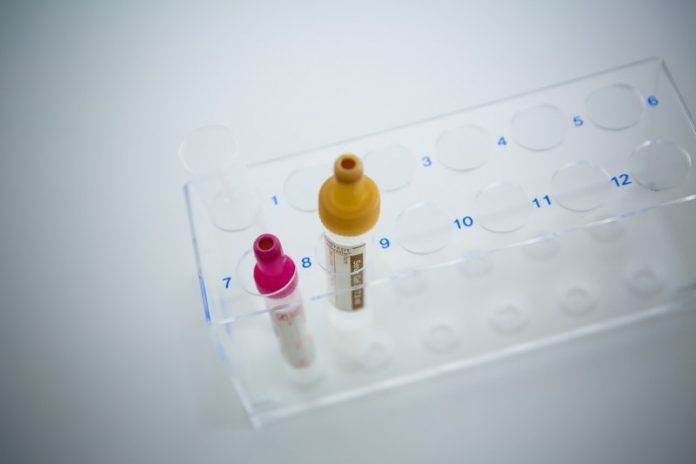A New Artificial Intelligence Study Shows a Prevencio Blood Test Detecting Peripheral Artery Disease Accurately.
Prevencio Inc. has announced that its newest blood test technique has accurately diagnosed PAD, peripheral artery disease. This is a circulatory deficiency whereby narrowed arteries significantly reduce the flow of blood to kidneys and limbs. If this condition is left untreated, it can result to clogging of arteries, thereby increasing the risks of developing cardiac attacks or even amputation. The newly released data can assist in applying this test to invasive testing or imaging. It can assist in reducing costs and exposure to ionizing radiation and/or intravenous contrast.
Researchers from Prevencio and the Massachusetts Hospital have developed and also validated HART PAD, a blood test supporting multi-protein samples for identifying PAD and predicting medical interventions. James Januzzi is the leading investigator at Massachusetts Hospital and a medicine professor at Harvard School of Medicine.
READ MORE – Top 10 Ways Artificial Intelligence is Impacting Healthcare
Januzzi and his team of top researchers tested a sample of 355 patients who had been referred to the hospital for coronary angiography or peripheral angiography. Once divided into high-risk and low-risk categories, this test showed a prediction with an accuracy of 98% when excluding peripheral arteries. More so, the test had 86% accuracy on identifying obstructed peripheral arteries.
According to Januzzi, the blood test can be applied in diagnosing and treating patients suffering from PAD. It will equally guarantee patients with improved care. It will be beneficial to other clinical trials related to cardiac conditions for it will save time and lower the overall costs of clinical trials.
PAD affects at least 200 million people around the globe. Diagnosis rates are below the factual numbers and it is often left untreated until it reaches advanced stages. Besides the PAD test, the firm is also developing another blood test known as HART AMP. This test will specifically predict the risk for undergoing amputation among PAD patients.
Rhonda Rhyne, the Prevencio CEO, says that Dr. Januzzi’s team of researchers is pleased to partner with Myriad RBM and Massachusetts Hospital to develop highly accurate and novel blood tests that will enhance diagnosis and treating cardiovascular conditions. She adds that it is extremely rewarding to partner with pharmaceutical firms to improve the process of developing drugs and decreasing the expenses of clinical trials.
Prevencio is using machine learning to develop its new blood test techniques. Machine learning is a novel and innovating type of AI that leverages big data to analyze clinical data. The firm uses this approach to come up with an engine for developing blood test products. The company has now produced five multi-protein blood tests. The tests include:
i. HART CAD- This is a blood test used in diagnosing obstructive conditions in the coronary artery
ii. HART CVE- This is a blood test used in diagnosing risk of cardiac, stroke, or heart attack death
iii. HART PAD- This is a blood test used in diagnosing PAD
iv. HART AS- This is a blood test used in diagnosing stenosis of the aortic valve
v. HART AMP- This is a blood test used in diagnosing the risk of undergoing amputation
These results and findings have been published in top cardiology journals and even presented at quite a number of leading cardiovascular forums and meetings.
Source BusinessWire
